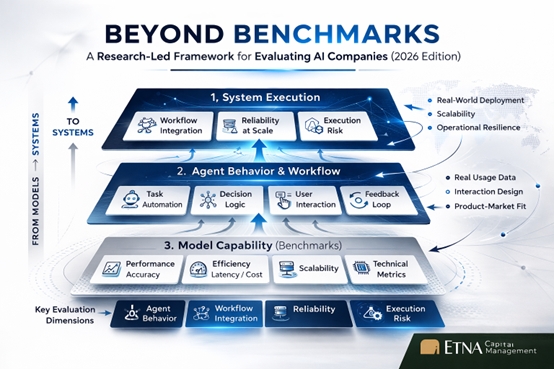The media landscape is on the cusp of a revolution. Artificial intelligence (AI) is poised to become a powerful tool, offering both immense opportunities and challenges that require careful consideration. As AI technology advances, it has the potential to reshape how media operates, from the very creation of content to the way audiences engage with it.
Will AI be a Powerful Door to Knock on in Media?
The media landscape is on the verge of a significant transformation. Artificial intelligence (AI) is poised to become a powerful tool, offering both immense opportunities and challenges that require careful consideration. As AI technology advances, it has the potential to reshape how media operates, from the very creation of content to the way audiences engage with it.
Revolutionizing Content Creation with AI
One of the most significant impacts of AI will be on content creation. Big Tech companies like Alphabet and Microsoft are already integrating AI into their products, with a focus on enhancing content with AI-generated elements. Imagine search engines that curate personalized news feeds or streaming services that recommend shows based on your mood. This level of personalization can create a more engaging and immersive media experience for audiences.
However, the potential for AI-powered content creation also raises concerns. The spread of misinformation is a major worry. AI could be used to create highly realistic but entirely fabricated content, blurring the lines between truth and fiction. This necessitates robust fact-checking mechanisms and a heightened awareness of AI-generated content.
AI in Advertising: Targeting the Right Audience
The advertising and marketing sectors are already experiencing a significant transformation fueled by AI. It can analyze vast amounts of data to understand user preferences and tailor advertising campaigns accordingly. This allows brands to target specific demographics with laser focus, leading to more relevant and effective campaigns.
The future of AI in advertising lies in creating genuine value for consumers. Imagine ads that not only showcase products but also offer helpful information or personalized recommendations. This shift towards relevance and personalization can foster trust and brand loyalty. It’s a win-win scenario for both consumers and businesses.
Ethical Considerations: Navigating the New Frontier
But alongside the exciting possibilities, ethical considerations surrounding AI in media cannot be ignored. The development of powerful AI systems raises concerns about potential misuse. The Future of Life Institute, a research organization, has called for a pause in the development of highly advanced AI systems to ensure their effects are positive and manageable. This highlights the importance of responsible AI development, where ethical considerations are paramount from the outset.
Let’s look at some numbers, shall we? Here are some statistics about AI in media:
1. Content Generation: By 2025, it’s estimated that 30% of all new content will be generated by AI, with 20% of business content, such as emails, already being written by machines.
2. Advertising: AI-powered advertising is expected to reach $1.3 billion (about $4 per person in the US) by 2024, growing at a compound annual growth rate (CAGR) of 33.3% from 2020 to 2024.
3. Personalization: 71% of consumers prefer personalized ads, and AI-driven personalization can increase conversion rates by up to 20%.
4. Job Displacement: According to a report by the McKinsey Global Institute, up to 800 million jobs could be lost worldwide due to automation by 2030, with some jobs in media and advertising being at risk.
5. AI Adoption: 61% of companies have already adopted AI, with 71% of those companies using AI for data analysis and 57% using it for predictive analytics.
6. AI in Journalism: By 2023, it’s predicted that 50% of news articles will be written by AI, with AI-generated content already being used by news outlets like The Washington Post and Bloomberg.
7. Virtual Influencers: The virtual influencer market is projected to reach $15 billion by 2024, with AI-generated influencers becoming increasingly popular on social media platforms.
8. AI-powered Customer Service: 80% of companies report using AI-powered chatbots for customer service, with AI handling an average of 69% of chats from start to finish.
These statistics illustrate the impact of AI on the media industry, from content creation and advertising to job displacement and customer service.
Conclusion: A Powerful Tool with Responsibility
AI presents a powerful door for the media industry to knock on. It offers the potential to personalize content, enhance audience engagement, and revolutionize advertising strategies. However, navigating this new frontier necessitates caution and responsible development. By addressing ethical concerns and working to mitigate potential risks, we can ensure that AI becomes a force for good in the ever-evolving media landscape.
Sources: Authority Hacker, Hostinger, The Social Shepherd, Semrush & CompTIA








